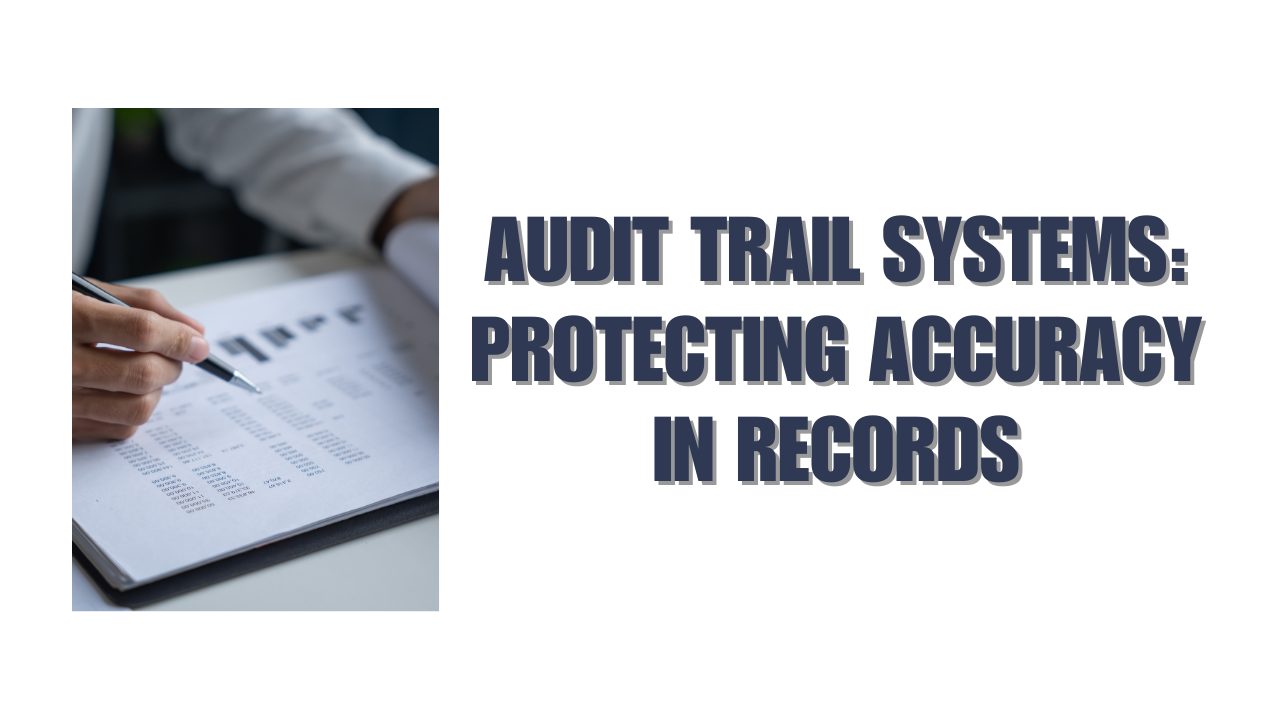External audit firms play a crucial role in ensuring the accuracy and transparency of a company’s financial statements. Whether you operate a small business or a large corporation, partnering with the right external audit firm helps maintain regulatory compliance, detect fraud, and build investor confidence.
In today’s competitive business environment, accurate financial reporting is essential for making informed decisions, attracting investors, and complying with government regulations. By engaging an independent and reputable external audit firm, businesses can gain assurance that their financial records reflect the true financial position of the company.
This guide explores the importance of external audit firms, how to choose the best one, and why Aurora Financials is a reliable partner for businesses across New Zealand.
What Are External Audit Firms?
External audit firms are independent organizations that conduct financial audits for businesses to ensure compliance with legal, tax, and financial reporting standards. Unlike internal audits, which are performed by an in-house team, external audits provide an unbiased assessment of a company’s financial health. These firms operate independently from the company they audit, ensuring impartiality and credibility in financial reporting.
External auditors examine financial statements, records, and transactions to determine whether they are prepared in accordance with applicable accounting standards, such as the International Financial Reporting Standards (IFRS) or Generally Accepted Accounting Principles (GAAP). Their findings help stakeholders, including investors, regulators, and company management, make informed decisions based on accurate financial data.
Key Functions of External Audit Firms
| Function | Description | |
|---|---|---|
| Financial Auditing | Reviews financial statements for accuracy and fairness, ensuring compliance with reporting standards | |
| Regulatory Compliance | Ensures that a business adheres to financial regulations and industry-specific compliance requirements | |
| Fraud Detection | Identifies financial misstatements and fraudulent activities, helping businesses prevent and address fraud-related risks | |
| Risk Assessment | Evaluates financial risks and provides strategies to mitigate them, improving financial stability and security | |
| Tax Compliance |
|
|
Benefits of Hiring an External Audit Firm
1. Enhances Financial Accuracy
A professional external audit firm ensures that financial records are accurate, reducing the risk of errors and fraud. An independent assessment of financial statements helps detect discrepancies, misstatements, or intentional manipulation of financial records. Businesses that undergo regular external audits can demonstrate their commitment to accuracy and integrity, which enhances trust among stakeholders.
2. Ensures Regulatory Compliance
Businesses must adhere to financial reporting standards such as IFRS and GAAP. External auditors verify compliance with these standards, helping companies avoid legal issues, financial penalties, and reputational damage. Regulatory bodies require businesses to present financial reports that are transparent and truthful, making external audits a key component of corporate governance.
3. Builds Credibility and Investor Confidence
A company audited by an independent external firm is more trustworthy to investors, lenders, and stakeholders. Financial statements audited by an external firm provide assurance to shareholders that the company is operating ethically and transparently. This credibility can also facilitate business expansion, funding opportunities, and partnerships with other enterprises.
4. Improves Internal Controls
External audits help identify weaknesses in financial processes and provide recommendations for improvement. Auditors assess internal control systems, ensuring they are robust enough to prevent financial mismanagement, fraud, and inefficiencies. Businesses that act on auditor recommendations can strengthen their internal processes, leading to enhanced operational efficiency and security.
5. Supports Tax Compliance
By conducting thorough tax audits, external auditors help businesses avoid legal issues and penalties. Tax regulations frequently change, and non-compliance can lead to heavy fines or even legal action. An external audit ensures that businesses meet tax obligations, file accurate tax returns, and benefit from tax deductions they are entitled to.
How to Choose the Best External Audit Firm
1. Verify Qualifications and Certifications
Choose a firm with certified professionals, such as:
- Chartered Accountant (CA) – Recognized for expertise in accounting and auditing standards.
- Certified Public Accountant (CPA) – Globally recognized for financial auditing proficiency.
- Certified External Auditor (CEA) – Specializes in external auditing practices and compliance.
- Industry-Specific Certifications – Some industries require auditors with additional qualifications specific to their field, such as banking or healthcare.
Hiring an audit firm with the right credentials ensures that auditors have the necessary expertise and adhere to professional ethical standards.
2. Assess Industry Experience
An audit firm with experience in your industry will better understand sector-specific regulations and risks. Different industries have unique financial and compliance challenges, and an experienced auditor will be familiar with relevant laws, reporting standards, and common industry-specific financial risks.
3. Check Reputation and Client Reviews
Look for a firm with a strong track record and positive feedback from previous clients. Reputable firms have a history of delivering quality audit services, maintaining transparency, and demonstrating integrity. You can assess an audit firm’s credibility by checking testimonials, online reviews, and case studies from similar businesses.
4. Compare Service Offerings
Different firms specialize in various audit services. Ensure the firm offers what your business needs, such as:
- Financial audits – Review financial statements for accuracy.
- Tax audits – Ensure compliance with tax regulations.
- Compliance audits – Verify adherence to industry standards.
- Forensic audits – Investigate financial fraud or legal disputes.
- Operational audits – Assess business processes for efficiency and effectiveness.
5. Consider Remote Auditing Capabilities
With digital advancements, businesses prefer external audit firms that offer remote audit solutions for convenience and efficiency. A firm with remote capabilities can conduct audits without requiring physical presence, reducing disruptions and expediting the process while maintaining security.
6. Review Cost and Transparency
Audit fees vary based on company size, complexity, and service scope. Choose a firm that provides transparent pricing. While cost should not be the sole factor, it is important to ensure the firm offers value for money and delivers high-quality auditing services.
Why Aurora Financials is the Right Choice
Aurora Financials is a trusted external audit firm providing expert auditing services to businesses across New Zealand. Our firm specializes in remote auditing, making financial compliance seamless and efficient for businesses of all sizes.
Why Choose Us?
- Comprehensive External Auditing Services – We offer financial audits, tax audits, compliance reviews, and more.
- Remote-First Approach – We provide fully remote auditing solutions, ensuring convenience and efficiency.
- Industry Expertise – Our team has experience across multiple sectors, ensuring tailored audit solutions.
- Client-Centric Service – We prioritize accuracy, compliance, and transparency in every audit.
- Competitive Pricing – High-quality auditing services at cost-effective rates.
Conclusion
Selecting the right external audit firm is essential for financial transparency, compliance, and business growth. By considering factors such as qualifications, experience, service offerings, and reputation, businesses can find a reliable audit partner. Aurora Financials provides professional and remote-friendly audit solutions, ensuring businesses across New Zealand meet their financial compliance needs efficiently.
FAQs
1. What is the difference between an external audit and an internal audit?
An internal audit is conducted by an in-house team to assess operational efficiency, while an external audit is performed by an independent firm to verify financial statements and ensure compliance.
2. How much does an external audit cost?
The cost of hiring an external audit firm varies depending on the company’s size, the audit’s complexity, and regulatory requirements. Businesses should request quotes from multiple firms to compare pricing.
3. Can an external audit firm provide tax services?
Yes, many external audit firms offer tax compliance services, ensuring businesses meet legal tax obligations and avoid penalties.
4. How often should a business undergo an external audit?
Most businesses require an external audit annually. However, certain industries and regulatory requirements may necessitate more frequent audits.






